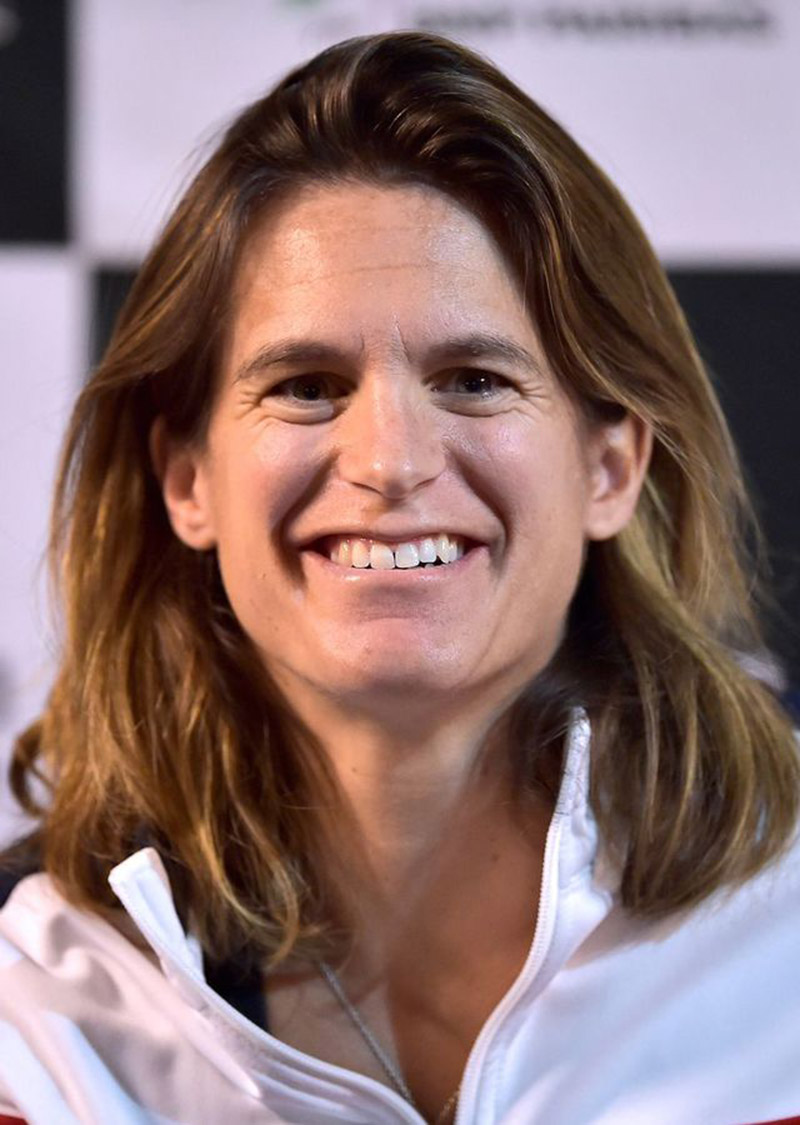(Reuters) – Women’s tennis is not as appealing as men’s tennis at the moment, French Open tournament director Amelie Mauresmo said after questions were raised about the scheduling of the claycourt Grand Slam yesterday.
One night match has been on the programme every day at 2100 local time (1900GMT) from the first Monday until the quarter-finals, potentially leaving spectators with no public transports to return home in case of a lengthy encounter.
It happened on Tuesday, when the Rafael Nadal v Novak Djokovic epic quarter-final clash finished around 1.15 am. A few fans had actually left the court Philippe Chatrier before the end of the contest to catch the last metro.
The game was the ninth men’s match out of 10 scheduled as a night session, raising more questions about how women have been getting the short stick at major tournaments.
In France, Amazon have the exclusive broadcasting right for that match through their Prime Video platform for a reported deal of 15 million euros ($16.07 million) while public broadcaster France Television is reported to have paid 10 million.
“In this era that we are in right now, I don’t feel — and as a woman, former woman’s player, I don’t feel bad or unfair saying that right now you have more attraction, more attractivity — can you say that? Appeal? That’s the general, for the men’s matches,” former two-time Grand Slam champion Mauresmo said.
In all four majors, women also traditionally kick off the day on the main showcourts at 11 am – when TV audiences are at their lowest and most spectators are still making their way into the stadium.
It happened 18 times out of 20 at this year’s French Open.
Wimbledon is the only Grand Slam tournament without matches scheduled to start at night while at the U.S. and Australian Opens, a full evening programme allows women to get their share of the limelight.
Asked about the scheduling of the night session, Mauresmo told reporters that it would have been ‘difficult’ to give spectators with a single ticket for the evening to see only female players.
“This is what we wanted to showcase to spectators who had only one-match tickets, because some of them do,” she said.
“It was more difficult to have, of course, a match, a night-session match with only female tennis players.”
The women’s tennis governing body, WTA, did not immediately respond to a request for comment.

